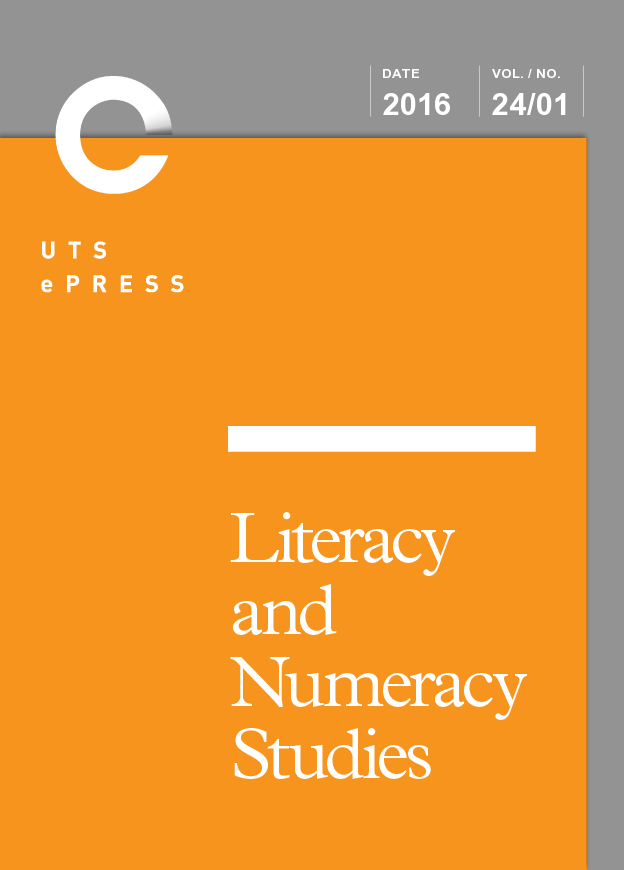Predictors of English Health Literacy among U.S. Hispanic Immigrants: The importance of language, bilingualism and sociolinguistic environment
Main Article Content
Abstract
In the United States, data confirm that Spanish-speaking immigrants are particularly affected by the negative health outcomes associated with low health literacy. Although the literature points to variables such as age, educational background and language, only a few studies have investigated the factors that may influence health literacy in this group. Similarly, the role that bilingualism and/or multilingualism play in health literacy assessment continues to be an issue in need of further research. The purpose of this study was to examine the predictors of English health literacy among adult Hispanic immigrants whose self-reported primary language is Spanish, but who live and function in a bilingual community. It also explored issues related to the language of the instrument. An analysis of data collected through a randomized controlled study was conducted. Results identified English proficiency as the strongest predictor of health literacy (p < 0.001). The results further point to the importance of primary and secondary language in the assessment of heath literacy level. This study raises many questions in need of further investigation to clarify how language proficiency and sociolinguistic environment affect health literacy in language minority adults; proposes language approaches that may be more appropriate for measuring health literacy in these populations; and recommends further place-based research to determine whether the connection between language proficiency and health is generalizable to border communities.
Article Details
Issue
Section
Authors who publish with this journal agree to the following terms:
a) Authors retain copyright and grant the journal right of first publication with the work simultaneously licensed under a Creative Commons Attribution License that allows others to share and adapt the work with an acknowledgement of the work's authorship and initial publication in this journal.
b) Authors are able to enter into separate, additional contractual arrangements for the non-exclusive distribution of the journal's published version of the work (e.g., post it to an institutional repository or publish it in a book), with an acknowledgement of its initial publication in this journal.
c) Authors are permitted and encouraged to post their work online (e.g., in institutional repositories or on their website) prior to and during the submission process, as it can lead to productive exchanges, as well as earlier and greater citation of published work (See The Open Access Citation Advantage Service). Where authors include such a work in an institutional repository or on their website (ie. a copy of a work which has been published in a UTS ePRESS journal, or a pre-print or post-print version of that work), we request that they include a statement that acknowledges the UTS ePRESS publication including the name of the journal, the volume number and a web-link to the journal item.
d) Authors should be aware that the Creative Commons Attribution (CC-BY) License permits readers to share (copy and redistribute the work in any medium or format) and adapt (remix, transform, and build upon the work) for any purpose, even commercially, provided they also give appropriate credit to the work, provide a link to the license, and indicate if changes were made. They may do these things in any reasonable manner, but not in any way that suggests you or your publisher endorses their use.
